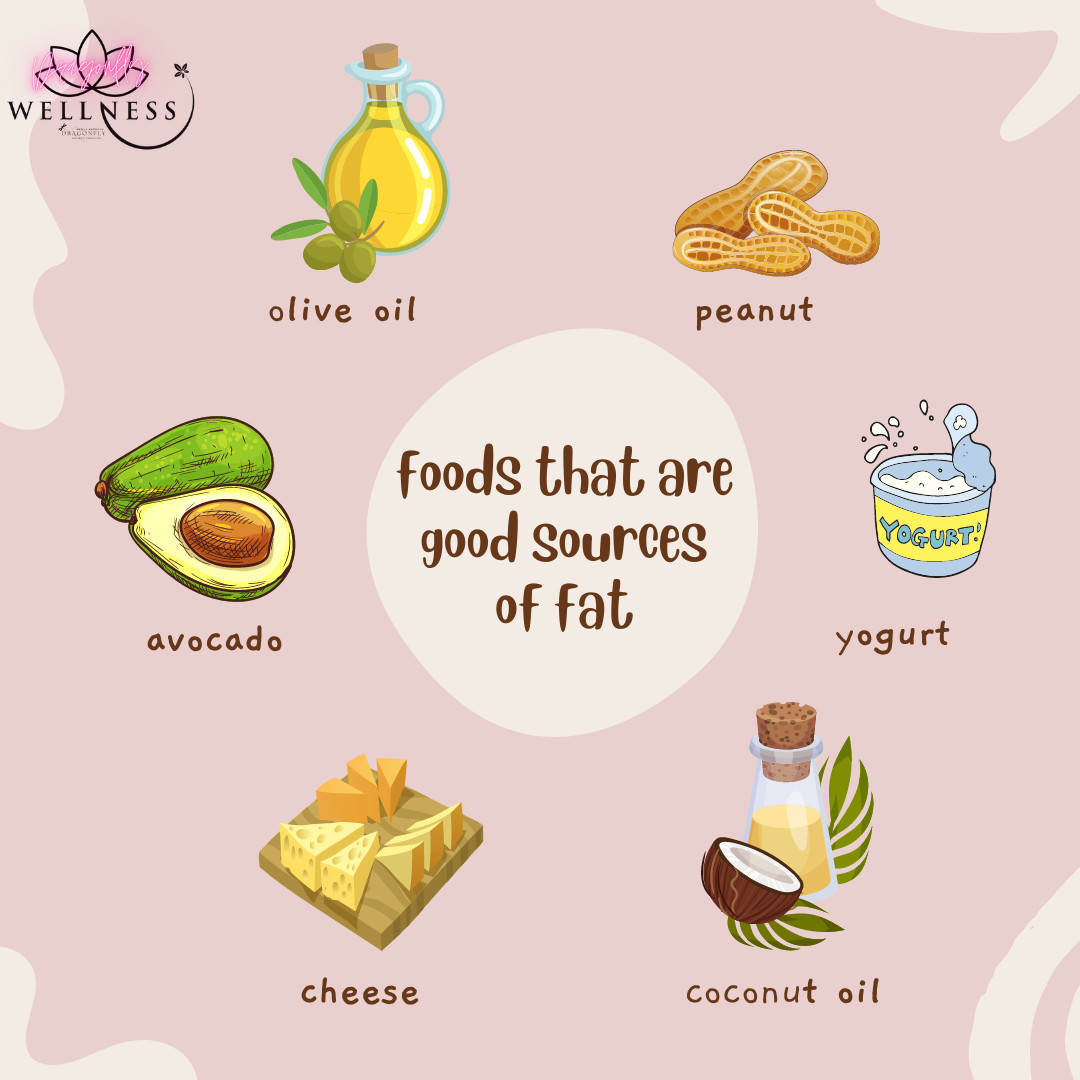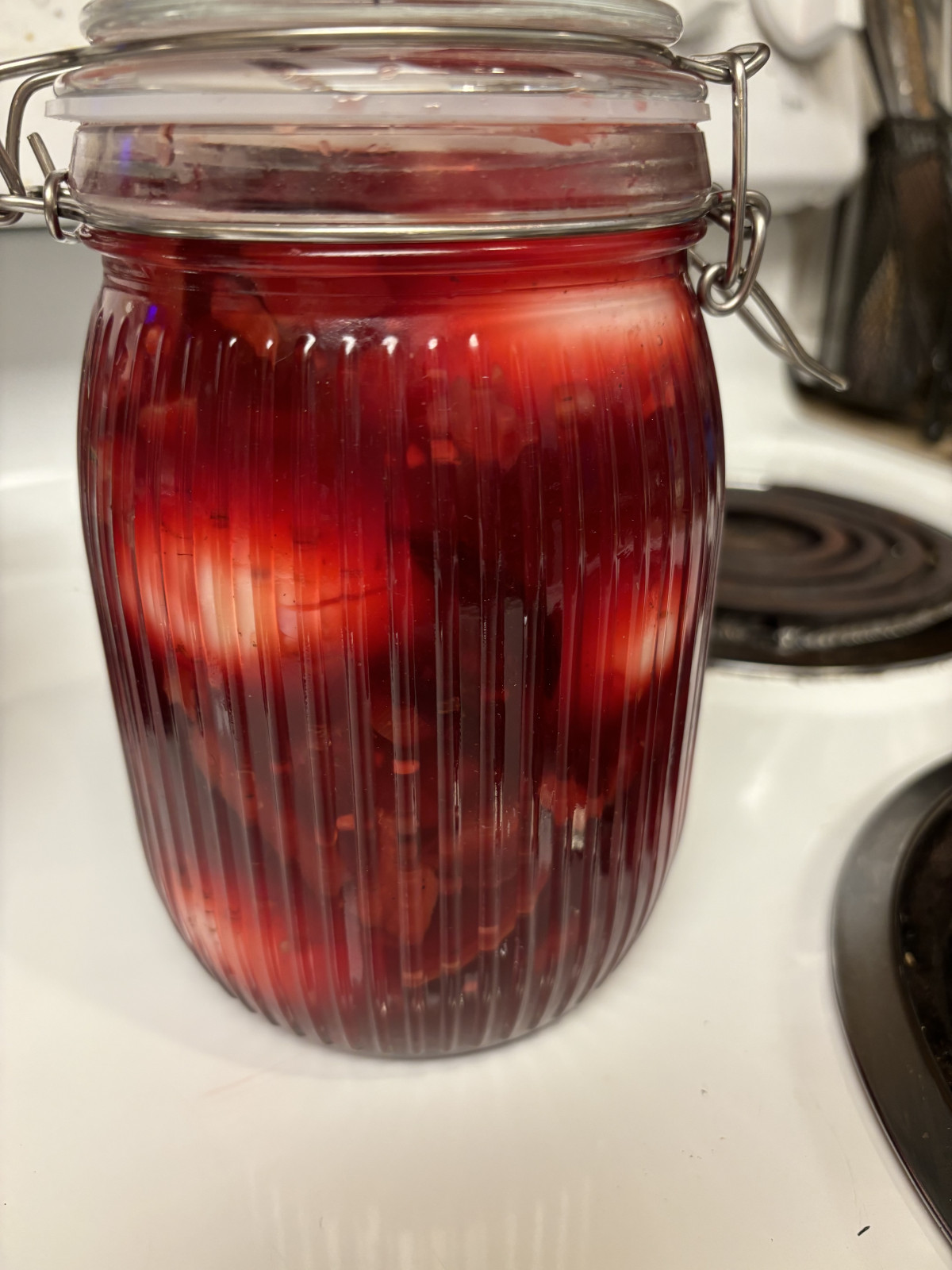
Fats have long been vilified, painted as the enemy that raises our risk of various health conditions. And while it's true that the wrong fats can clog our arteries and contribute to heart disease, it's important to recognize that the right fats can actually lower our risk of cardiovascular issues. In fact, fat is one of the three essential macronutrients our bodies need to thrive.
Why does our body need fat?
- Energy: Fat is a major source of fuel for our bodies, providing us with sustained energy throughout the day.
- Insulation: It keeps us warm and protects our vital organs.
- Cell Function: Fat is necessary for constructing cell membranes and protecting nerves.
- Sugar Regulation: Fat helps slow down the absorption of sugar, preventing spikes in blood sugar levels.
In addition to these crucial functions, fat also plays a critical role in vitamin absorption. Certain vitamins, like A, D, E, and K, actually require fat in order to be absorbed by our bodies. Failing to consume enough healthy fats puts us at risk of deficiencies in these essential nutrients and the health issues associated with them.
While fat is necessary, moderation is key. Each gram of fat contains 9 calories, so it's important to consume it in appropriate amounts. Aim to have 20%-35% of your daily caloric intake come from fat. This translates to just 2-3 servings of healthy fats per day, which can easily be achieved by incorporating a small amount of fat into each meal.
Here are some examples of healthy fat servings:
- A handful of nuts or seeds
- 2 tablespoons of nut or seed butter
- 1 tablespoon of olive oil
- Half an avocado
By including these foods in your daily diet, you can meet your fat requirements and stay within the recommended range.
Choosing the right kinds of fats
In general, unhealthy fats come from animal sources and tropical oils, while healthy fats are predominantly found in vegetables, nuts, seeds, and fish. You can easily identify healthier fats as they are often liquid at room temperature.
Here is a list of healthier fat choices to consider:
- Plant oils such as olive, canola, corn, peanut, and nut oils
- Nuts like almonds, peanuts, walnuts, and pistachios
- Seeds such as sunflower, pumpkin, sesame, flax, and chia seeds
- Avocados
- Nut and seed butters
- Fatty fish like salmon, tuna, and sardines
- Dark chocolate
- Low-fat or nonfat dairy products
- Lean meat or poultry
By making the switch from unhealthy fats to these healthier alternatives, you can support your overall well-being and enjoy the benefits of a balanced diet.
Discover the power of healthy fats and make them a delicious part of your lifestyle today!
- Fatty fish, such as salmon, tuna, and sardines
- Dark chocolate
- Low-fat or nonfat dairy products
- Lean meat or poultry







0 Comments